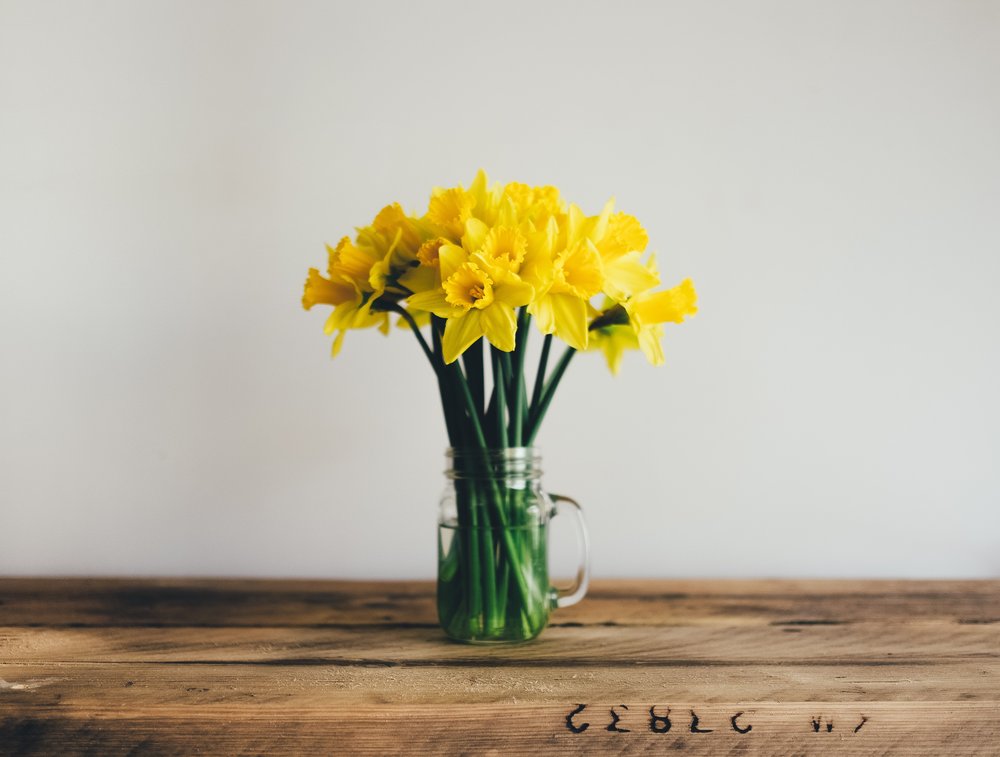Spring Cleaning and Old Memories
Spring is officially here, and with many of us staying indoors; Spring Cleaning seems to be a good use of this free time. Unfortunately, Spring Cleaning can often trigger feelings of grief, as items can bring up memories of those lost. Spring Cleaning is important to refresh and renew your home. This article will detail how you and your family can deal with items that trigger grief, including a lost loved one’s personal effects, or photos of the deceased.
Photographs
It can be hard not to crack open an old photo album you find while you are cleaning up. Photobooks and boxes of old pictures help remind us of good times from our past, surrounded by family and friends. But they can also trigger feelings of grief, which is OK. It is perfectly fine to feel grief when you look at pictures of deceased loved ones. But it is also important to try to remember those good times, as well. Often, those good memories will help you carry on. While it can be hard to think of those you have lost; it can be cathartic to look back at the good times.
Clothes
People often clear out closets and dressers during their Spring Cleaning. Usually, this involves throwing out old, ragged clothes; or donating stuff that no longer fits. After the loss of a loved one, their wardrobe can be a difficult mountain to climb. For some, it can feel like the final step in admitting that their loved one has passed away. But this level of acceptance, though difficult, can be healing. Clearing out your loved one’s closet can be painful, but it is also quite necessary in both grief management, and for storage. Look through their wardrobe, and separate it out. See what can be thrown out, donated, or given to family members. You can also keep some items to remember them by. It can be comforting to some, thinking about how much these donated clothes can help those in need. It is like one last act of kindness from the deceased.
Furniture
After a loved one passes away, it is common for their family to have extra furniture that they are bequeathed. Sometimes, these pieces can be a wonderful addition to your home, which reminds you of your loved one. But sometimes they can be unneeded or unwelcome. That is OK. You should understand that it is alright to get rid of extra stuff that you don’t need, even if it was inherited from the deceased. Figure out what you need or would like to keep, and get rid of the rest. You shouldn’t turn your house into an episode of “Hoarders” because you are afraid of getting rid of the items of the deceased.
For almost 50 years, Matthew Funeral Home has been serving the Staten Island community. We can help with almost every aspect of your loved one’s memorial service. Our family is here to serve yours, every step of the way.
 (718) 761-5544 |
(718) 761-5544 |  matthewfh@matthewfuneralhome.com |
matthewfh@matthewfuneralhome.com |  2508 Victory Boulevard, Staten Island, NY 10314
2508 Victory Boulevard, Staten Island, NY 10314








 matthewfh@matthewfuneralhome.com
matthewfh@matthewfuneralhome.com
Comments